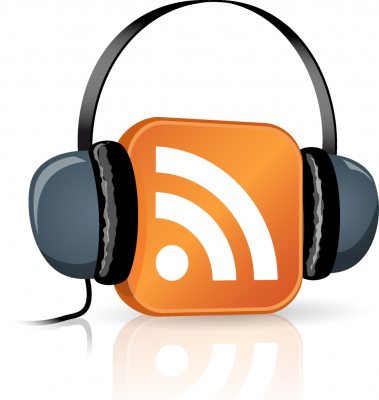Chibuike Alagboso
This unfortunate but correct assertion was revealed at the just concluded African Health Expo by Dr Nwosu Lawrence from Sproxil during the eHealth summit - one of the numerous CMEs held during the Health Summit.
While discussing safe medications, he presented stunning data on the various negative impacts of counterfeit and fake drugs.
He said counterfeiters usually target drugs that are in high demand in the pharmaceutical market. According to him, the chain of manufacture, importation/transportation and distribution of the drugs is usually a complex one and most times, the adulteration takes place between the manufacturer and the final consumer/patient.
There is the need, therefore, to protect the patient as most of the fakes contain medically hazardous materials, or non therapeutic components that at best are mere placebos.
It is disheartening to note that patients and patients relations who purchase these drugs place very low attention to the authenticity of the drugs they are purchasing. Most times, they often choose cheaper fake drugs over the genuine but slightly more expensive drugs.
These counterfeiters and fakers are continuously evolving in sophistication; nowadays, it is difficult to spot the fake.
There are however, cost effective and affordable ways of making sure patients have access to genuine and safe drugs to prevent avoidable mortality. An example of this is the Mobile Authentication Service (MAS) which is gradually gaining grounds.
It is your right as a patient to ask your pharmacist or physician about the authenticity of the drug you are taking.
The pictures below show different settings for producing the drugs we consume on daily basis and the images speak for themselves.
The Question now is, Where do you wish the next drug you will take to be produced?
Counterfeiting locations
Standard facility
Standard facility
This unfortunate but correct assertion was revealed at the just concluded African Health Expo by Dr Nwosu Lawrence from Sproxil during the eHealth summit - one of the numerous CMEs held during the Health Summit.
While discussing safe medications, he presented stunning data on the various negative impacts of counterfeit and fake drugs.
He said counterfeiters usually target drugs that are in high demand in the pharmaceutical market. According to him, the chain of manufacture, importation/transportation and distribution of the drugs is usually a complex one and most times, the adulteration takes place between the manufacturer and the final consumer/patient.
There is the need, therefore, to protect the patient as most of the fakes contain medically hazardous materials, or non therapeutic components that at best are mere placebos.
It is disheartening to note that patients and patients relations who purchase these drugs place very low attention to the authenticity of the drugs they are purchasing. Most times, they often choose cheaper fake drugs over the genuine but slightly more expensive drugs.
These counterfeiters and fakers are continuously evolving in sophistication; nowadays, it is difficult to spot the fake.
There are however, cost effective and affordable ways of making sure patients have access to genuine and safe drugs to prevent avoidable mortality. An example of this is the Mobile Authentication Service (MAS) which is gradually gaining grounds.
It is your right as a patient to ask your pharmacist or physician about the authenticity of the drug you are taking.
The pictures below show different settings for producing the drugs we consume on daily basis and the images speak for themselves.
The Question now is, Where do you wish the next drug you will take to be produced?
Counterfeiting locations
Standard facility
Standard facility

































0 comments:
Post a Comment